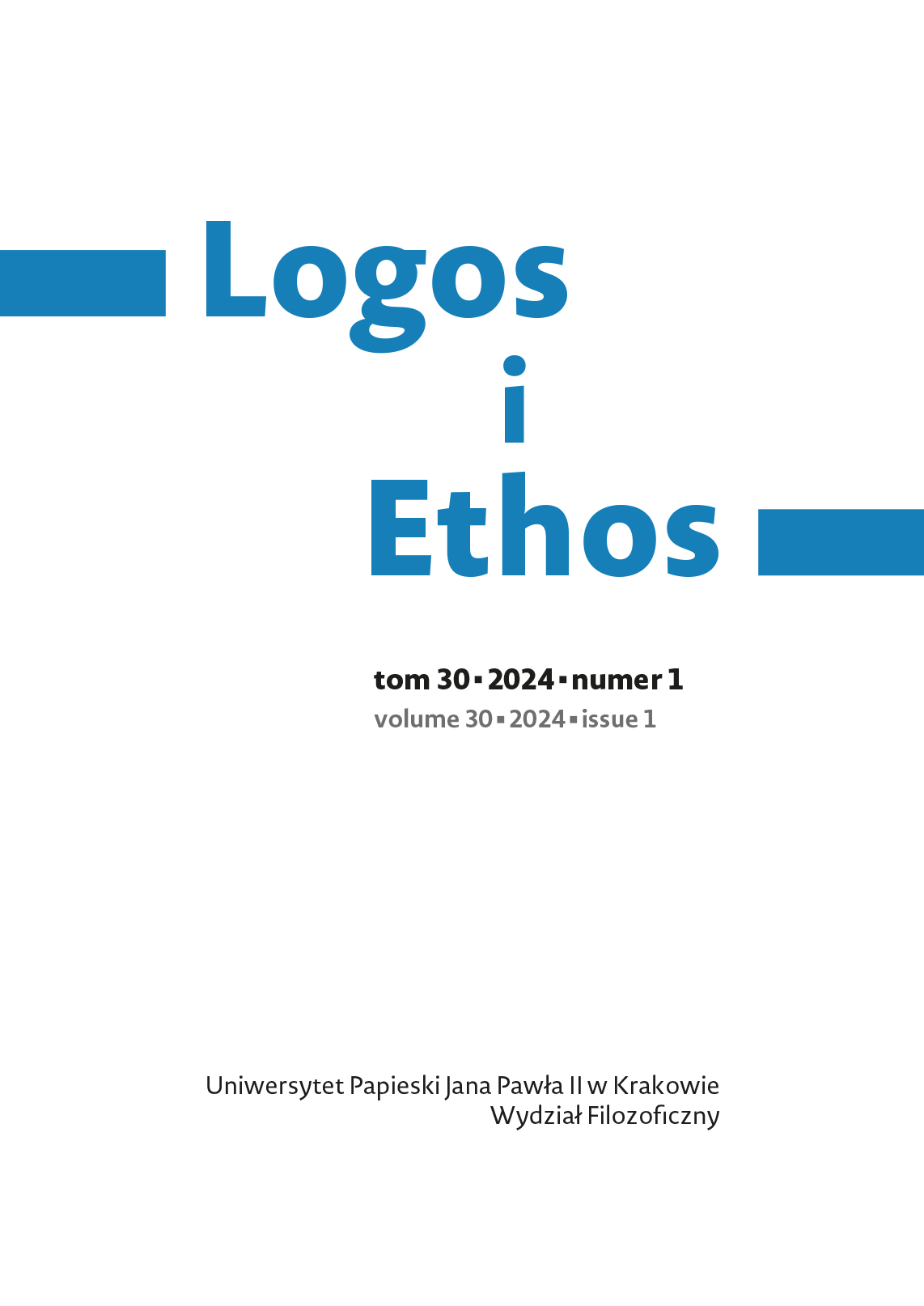Wokół sporu o naturę człowieka
DOI:
https://doi.org/10.15633/lie.30108Abstrakt
Recenzja: B. Hare, V. Woods, „Przetrwają najżyczliwsi. Jak ewolucja wyjaśnia istotę człowieczeństwa?”, tłum. K. Kalinowski, Copernicus Center Press, Kraków 2022, ss. 279
Bibliografia
Czerwińska-Jakimiuk E., Agresja w perspektywie psychologicznej i filozoficznej. Przegląd wybranych teorii, „Argument. Annual Philosophical Journal” 10 (2020) nr 1, s. 197–212.
Darwin K., O pochodzeniu człowieka, tłum. M. Ilecki, Warszawa 1936.
Darwin K., O powstaniu gatunków, tłum. S. Dickstein, J. Nusbaum, Warszawa 2004.
Hare B., Woods V., Survival of the Friendliest: Homo sapiens Evolved via Selection for Prosociality, w: „Annual Review of Psychology” 68 (2017), s. 155–186.
Kropotkin P., Pomoc wzajemna jako czynnik rozwoju, tłum. J. Hempel, Warszawa 1946.
Reykowski J., Antagonizm i walka – nieusuwalne składniki ludzkiej kondycji?, „Nauka” (2005) nr 4, s. 7–39.
Schweitzer A., Problem etyki w wyższym stopniu rozwoju myśli ludzkiej, w: A. Schweitzer, Życie, tłum. J. Piechowski, Warszawa 1974, s. 9–38.
Waal F. de, Wiek empatii. Jak natura uczy nas życzliwości, tłum. L. Lamża, Kraków 2019.
Pobrania
Opublikowane
Numer
Dział
Licencja

Utwór dostępny jest na licencji Creative Commons Uznanie autorstwa 4.0 Międzynarodowe.
Autorzy publikujący w czasopiśmie udzielają jego wydawcy zgody o następującej treści:
- Autor zachowuje autorskie prawa majątkowe do utworu, a jednocześnie udziela wydawcy czasopisma zgody na jego pierwszą publikację w wersji drukowanej i wersji online na licencji Creative Commons Uznanie autorstwa 4.0 Międzynarodowe oraz zgody na wykonywanie opracowań, w tym przekładów.
- Autor ma możliwość udzielania zgody niewyłącznej na opublikowanie utworu w wersji, która ukazała się w czasopiśmie (np. zamieszczenia go w repozytorium instytucjonalnym lub opublikowania w książce), wraz z informacją o jego pierwszej publikacji w czasopiśmie.
- Autor może umieścić swój utwór online (np. w repozytorium instytucjonalnym lub na swojej stronie internetowej) jeszcze przed zgłoszeniem utworu do czasopisma.

